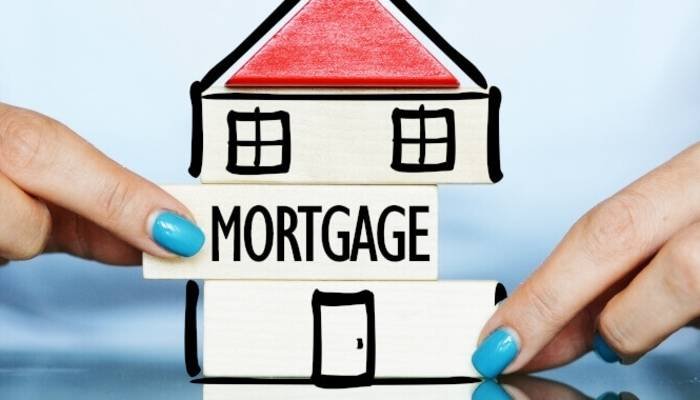Unless you are loaded with cash, it is likely you will need to borrow money ( mortgage )to complete your property purchase.
You pay a deposit on the property (usually 20% of the property’s price) and borrow the rest from the bank in the form of a mortgage. A mortgage is essentially a loan and you repay the loan in instalments.
The most common financier is the bank and banks issue you with a mortgage.
Usually mortgages are table mortgages meaning each instalment repayment comprise both principal and interest.
Typical loan terms (length of the loan) are 25 and 30 years.
The amount of interest you’ll pay on your mortgage depends on the mortgage deal you’ve chosen. If, for example, you go for a fixed rate mortgage for a set period of time, then during this period the amount of interest you’ll pay will stay the same every month. You can have the interest fixed for anywhere between 1 and 5 years.

When the fixed rate period ends, you’ll usually be automatically transferred onto your lender’s standard variable rate, which will typically be higher than any special deal you’ve been on. At this point you’ll see your interest payments increase. However, you will be free to remortgage to a new mortgage deal, which may help keep your payments down.
If you choose a variable rate mortgage deal, then the amount of interest you pay can fluctuate over time. Mortgage rates often change when the OCR changes or the cost of bank funding increases. Currently, the variable rate is higher than the 2 year fixed rate because the banks want to encourage the borrowers to fix their interest rates. And it’s also why many homebuyers opt for fixed rates to provide peace of mind that their interest payments won’t change.
At the start of your mortgage term, a larger proportion of your monthly payment goes towards paying off your interest, and a smaller amount towards your capital. Gradually, you’ll start to pay off more of your capital over time as your debt reduces.
As a rule of thumb, roughly over the whole term of your mortgage you pay interest equivalent to the amount you originally borrowed. If you borrowed $400,000, you will end up paying interest of approx $400,000 over the length of the mortgage.